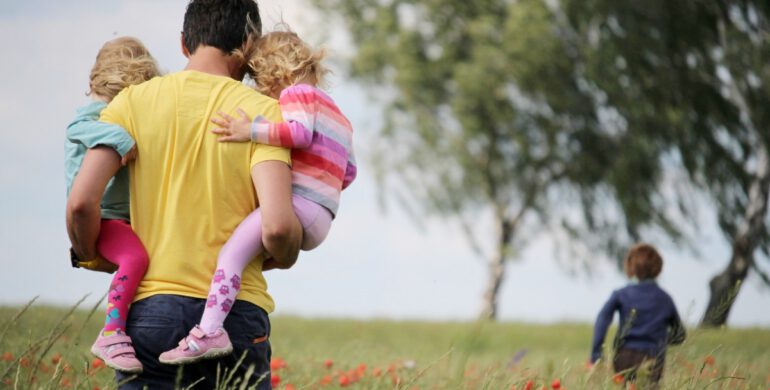Published by the International Federation for Family Development (IFFD) – July 2025
The 2030 Agenda for Sustainable Development calls for inclusive, equitable, and people-centered policies to ensure that “no one is left behind.” At the heart of this vision lies the family – a cornerstone of human well-being, resilience, and social cohesion.
According to the 2025 UNDESA Voluntary National Reviews, family-oriented policies are key drivers of progress across multiple Sustainable Development Goals (SDGs). When designed with all members in mind, they help reduce poverty, improve health and education outcomes, promote gender equality, and strengthen climate resilience.
Countries such as Uruguay, Finland, Costa Rica, Spain, and Japan stand out for their innovative approaches — from early childhood development and digital education to inclusive urban planning and gender-responsive care systems. These examples demonstrate how investing in families accelerates sustainable and equitable development.
However, the report also notes persistent challenges, particularly in gender equality, unpaid care, and child protection. To address these gaps, it calls for renewed global commitment to scale up family services, promote shared caregiving, and integrate family resilience into climate and social protection frameworks.
“Investing in families is not only a matter of compassion – it is a strategic imperative for sustainable societies.”


